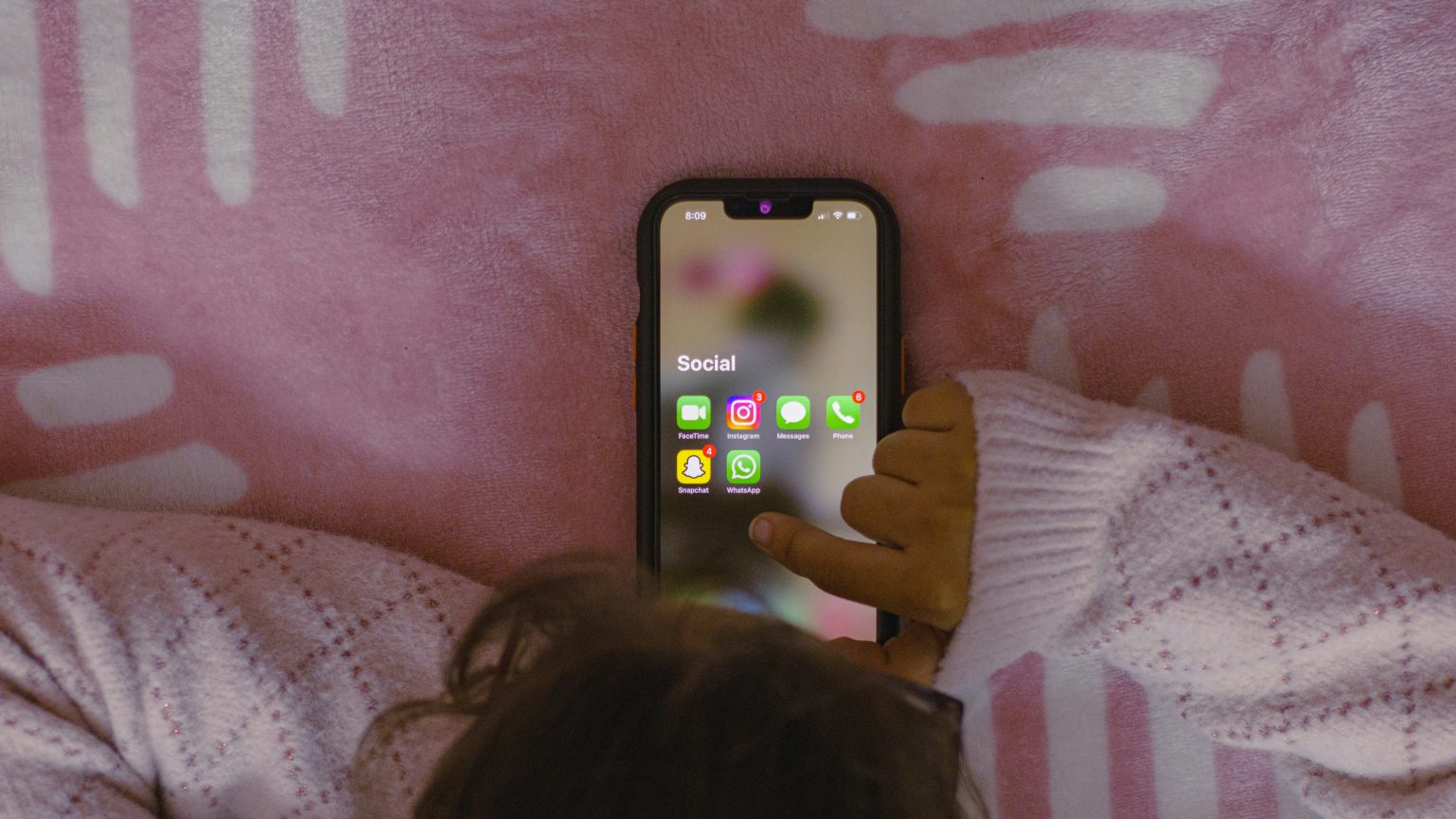Photo Source: Sanket Mishra on Unsplash.
The endless scroll
We’ve all been there. You take a break from working and grab your phone for a few moments, open up TikTok and get sucked into the endless scroll of video after video. When you finally peel your eyes away you realise an hour has passed without you even noticing. Short form content like TikTok videos, Instagram reels and YouTube shorts have become the dominant mode of content consumption over the past few years, with social media platforms pushing creators and consumers to engage in a digital landscape that values brevity over depth.
Additionally, screen time metrics not only show that the amount of time we collectively spend on our phones and other devices has increased in the last decade, but also that young adults on average have the highest screen time in the UK. These statistics are unsurprising when we consider the abundance of content we now have access to at our fingertips.
The so-called ‘attention economy’ is part of the reason why we now feel compelled to spend so much time on our devices. Large social media and content platforms like Meta and YouTube have taken on the algorithmic revolution that TikTok ushered in with its short form content and adopted this model across their own apps. What makes this move from long form to short form so effective and profitable is that it draws users into an endless search for more content, the longer users spend scrolling the more advertising can be pushed towards them and the more revenue can be made online for platforms and businesses.
Our concentration crisis
Whilst platforms make exorbitant levels of profit from our attention, as users we must now ask ourselves if the changing digital landscape is impacting our brains.
Many people worry that the proliferation of short form content is impacting our attention spans, and a lot of research over the last few years has tried to understand whether this concentration crisis is really as big as it seems. Scholars like Dr Julie Albright have explored how TikTok’s algorithm and infrastructure mimic addictive slot machines and impact the attention span of children. The term ‘TikTok brain’ is now used by some to refer to this phenomenon of shortened attention spans.
However, other research argues that in the long term our attention spans may not be as affected as we think, especially once we reach adulthood and our attention span is more fixed. What is clear across all research is that increased engagement with short form content can increase our search for dopamine and make us more impulsive.
The solution
However, all hope is not lost, here are a few ways you can stop the endless scroll:
- Set screen time limits on all social media apps
- Resist the urge to use your phone in bed
- Spend time doing non-screen related activities
- Delete the apps that you find yourself wasting time on the most
Edited by Freya Harrod.


